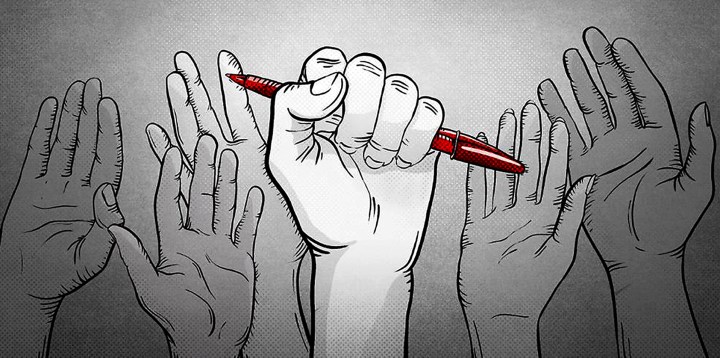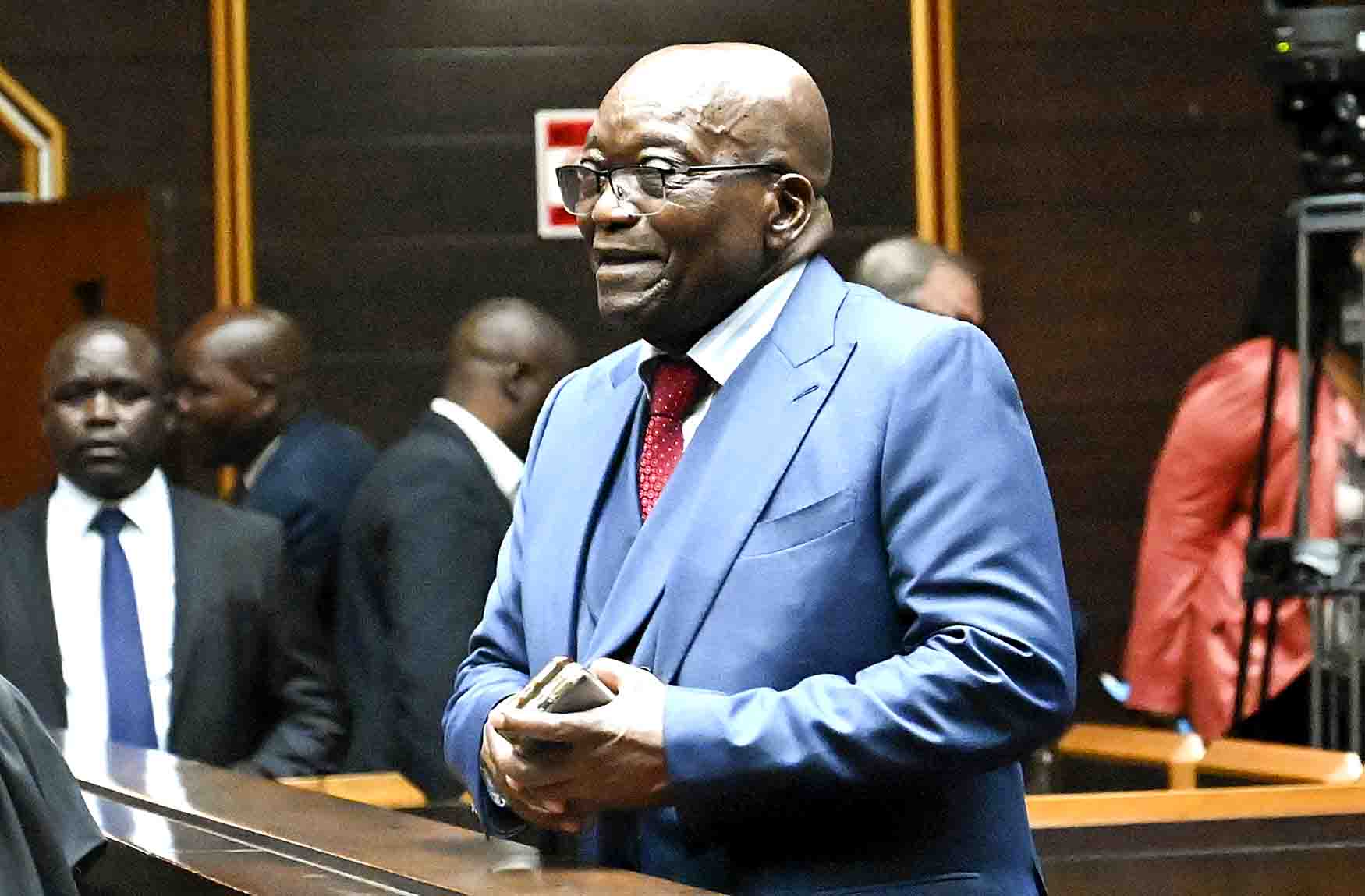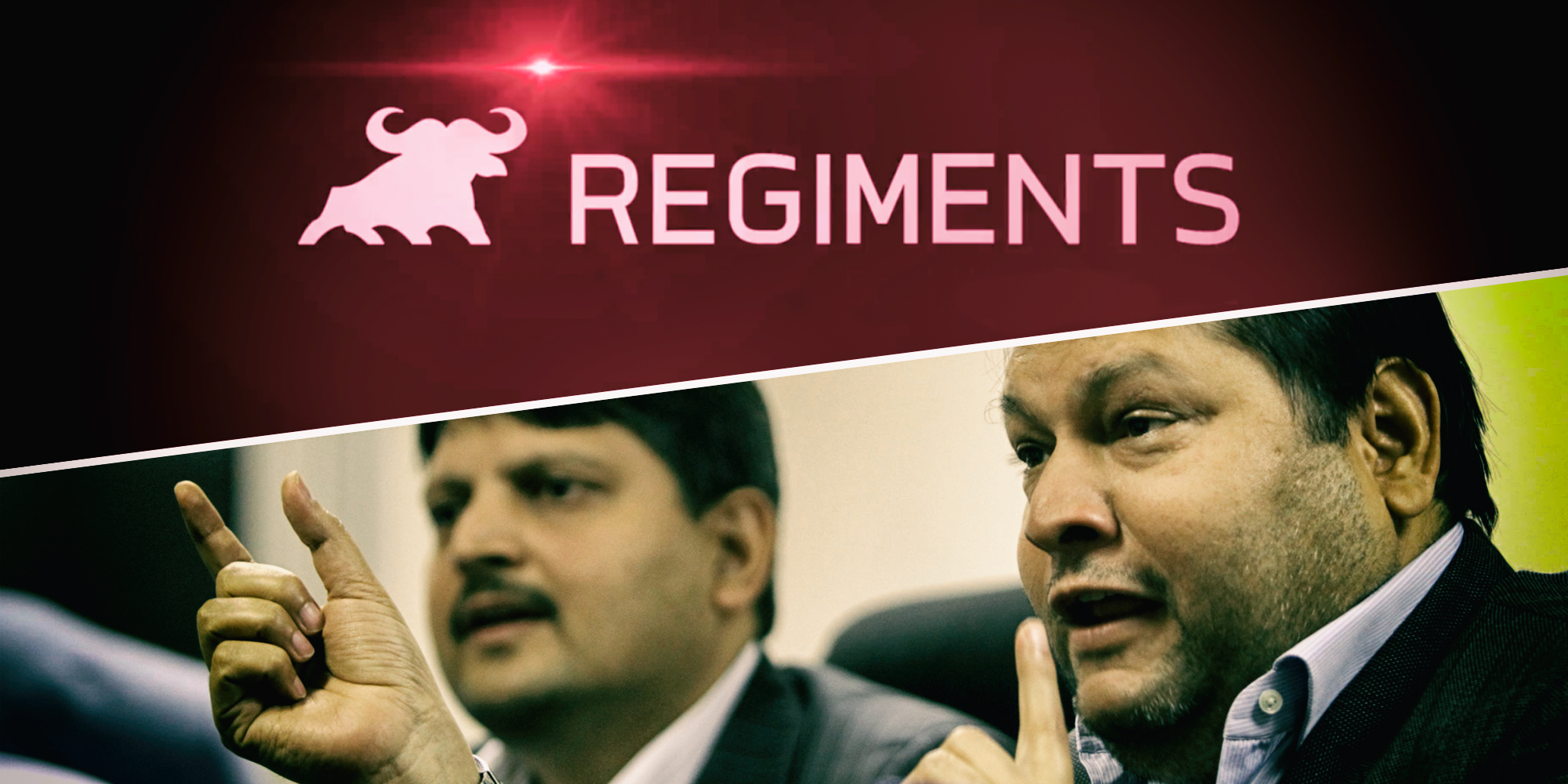BEYOND THE RAINBOW OP-ED
Narrow views of SA from afar may be bleak, but the reasons for hope are worth salvaging

Out of a group of 15 classmates who matriculated together in 1960, only three have remained in South Africa. The group still stays in touch, with those outside the country mostly wondering why those who remain have chosen to do so, sharing bleak reports from their local news outlets reflecting how South Africa is viewed from the outside. This is an edited version of a letter to the group from one of the three who has remained.
I know many South Africans who say they consider South Africa to be the worst place on earth, yet they stay here feeling imprisoned because there’s nowhere else for them to go. I am not among this group. I do however often engage with some of them on their clearly painful and unresolved dilemmas. In writing this to you, my matric classmates, I also have them in mind.
I welcome knowing how South African news is being reported internationally. But I appeal to those of you who send all of us news about how terrible South Africa is, to please be more selective in what you send. Much more selective.
I’m familiar with what’s being reported, thanks to friends and family who also share articles from different parts of the world. Ignorance and prejudice characterise most of these.
The best critical writing and analyses about the country (outside of some academic journals) are provided by some of the news platforms within South Africa itself.
Having asked you to try to avoid ignorant and prejudiced reports, let me immediately affirm that South Africa is indeed a country in deep crisis.
We have the shameful distinction of being the world’s most unequal society, with a 42% unemployment rate — 46.5% amongst youth — and levels of poverty little different from what we saw under apartheid. Crime and unconscionable violence match these statistics. Anxiety and depression are national disorders affecting the rich and poor alike.
Apart from a few rabid white racists, this wasn’t what we expected of Mandela’s new South Africa. Hence, the shattered dreams of most South Africans.
Hope and promise remain
There are, however, realities of the new South Africa that are to be celebrated, although they are most often now lost amidst the prevailing pessimism. Indeed, these overlooked realities are amongst the fundamentals that invite us to rekindle our dreams of a better South Africa. I’m thinking here, in the first instance, of us — black and white — who remain among the privileged.
I said earlier that the most robust and astute critiques of South Africa come from within South Africa. The right to speak freely, alongside a press that is (virtually) unrivalled in its freedom to publish and investigate everyone and everything, allows this to happen.
A weakened though still vibrant civil society additionally makes full use of these freedoms.
And we have a judiciary that remains steadfast in protecting these constitutionally guaranteed political and civic freedoms. (Although the guarantees of our socio-economic Bill of Rights are another matter.)

Former president Jacob Zuma at Pietermaritzburg high court on 17 April, 2023 in Pietermaritzburg, South Africa. (Photo: Gallo Images / Darren Stewart)
Without the press, civil society and the courts, former president Jacob Zuma — who does no more than personalise our now orphaned dreams — would still be overseeing the plundering of the resources of the nation, while simultaneously hollowing out the state to ensure that the looters remained untouched, assured that they had the freedom to continue their self-enriching plunder.
These are powerful surviving fundamentals that too many of us have forgotten, in our despair.
Many will quickly point out that looting is still taking place and that the looters, publicly known along with many of the details of their crimes, are still awaiting prosecution, to say nothing of actual conviction or sentencing to a lengthy time in prison. This is true. We know it in much of its distressing detail precisely because of our free press and civil society.
The delay in justice, we have come to learn, is because of the unimagined depth and breadth of the corruption, including the fact that many of these mafioso are still in positions where they are able to protect themselves. This makes cauterising corruption more difficult. The chronic shortage of capable and honest people to fill vacant posts adds to the difficulty.

State Capture kingpins Ajay and Atul Gupta. (Photo: Gallo Images / City Press/Muntu Vilakazi) | Regiments logo. (Image: Supplied)
Recognition of some of the challenges involved in reversing South Africa’s trajectory doesn’t detract from the under-acknowledged realities of our daily lives.
What is needed is the clear recognition of the two co-existing realities: a South Africa from which we would love to flee, alongside a South Africa that beckons us to stay – not out of faith, but because things are changing for the better, albeit slowly.
ANC inaction and apartheid racial thinking
Two incontrovertible facts merit reminding.
First, the ANC’s spontaneous response to what we now call direct action “service delivery protests” were met by utter disbelief in 1995. The ANC could not comprehend that “their people” should so unmistakably display anger towards an ANC-led South Africa still so new as to be in metaphorical diapers.
The only explanation that made sense to them was to attribute the disorder to a “third force”. This time the third force was no longer deemed to be the clandestine apartheid army and police, together with the Inkatha Freedom Party of the late 1980s and early 1990s.
The post-apartheid third force was supposedly made up of foreign intelligence agencies — usually the CIA — and opposition political parties. The main “instigators” were framed as white intellectuals, especially of the foreign variety. Despite occasional references to foreign-paid NGOs and their white leaders, the attribution of persistent “service delivery” disorders to a clandestine third force has stopped.
The ANC now accepts its culpability.
Its impotence to meet the basic needs of most South Africans leaves it asking for more time, with (repeated) pledges that it is now a transformed ANC.
Second, most of us consider our apartheid racial thinking as natural.
Few remember — or know — that the apartheid-created “races” were gradually reintroduced into the narrative of the new, post-apartheid South Africa.
The ANC at first took the lead in honouring the non-racial commitments built into our new Constitution. This changed over time to the extent that there is now a self-proclaimed faction within the ANC that stands for what it calls Radical Economic Transformation (RET).
RET identifies the main enemy as White Monopoly Capital, with only the White part of this enemy being readily understood. Leading these expressly racist sentiments is the Economic Freedom Fighters (EFF), the third-largest party in Parliament.
The still ubiquitous so-called Whites, Coloureds and Indians — the three minority “races” manufactured by apartheid — have good reason to be fearful.
The stereotype of a homogeneous “White People” has become so normal, especially on TV and radio, that it is rarely challenged.
A typical example is a recent episode of eNCA’s Power to Truth, in which Malusi Gigaba — the Cabinet member forced to resign in 2018 following corruption allegations against him — was interviewed. Among similar statements, he said: “The biggest problem is the continued dominance of South Africa by the white minority.”
This blanket reference to everyone deemed to be part of the “white minority” passed without comment from the programme’s host, Dr JJ Tabane.
However, Gigaba is restrained in comparison to what the leaders of the EFF have to say about the “White” and “Indian” minorities. The EFF uses explicit racist attacks on these minorities as its main appeal. Alongside a visible decline of the RET faction within the ANC, it is instructive that the EFF attracts only around 11% of the vote in national elections.
The questionable traction of the racist narrative doesn’t detract from the reality that simply being African is a huge advantage when it comes to getting a job, and that the advantage increases with the higher levels of skill required. The same applies to getting into universities.
But it is important not to forget just how limited the race card is amongst the electorate.
Capitalism
Ultimately, the main source of optimism should be the evidence-rich fact that the fundamental problem is not with the ANC itself, despite its baggage of corruption and incompetence. It is our economy built on what Pieter du Toit calls “Big Capital” in his 2022 bestseller, The ANC Billionaires: Big Capital’s Gambit and the Rise of the Few.
“Big Capital” in 1985, when Du Toit’s story begins, was composed mainly of the dominant mining companies, led by Anglo American. The “gambit” of the book’s title was to transform an ANC that was feared to be “marinated in Marxism” into one that accepted the realities of modern economics.
As we now know, the gambit was never much of a risk, so little persuasion was needed. The economic orthodoxy of the time was the liberation of capital from the shackles of state-imposed regulations. Everyone was supposed to benefit from the freedom restored to capital and the market via a “trickle-down” from the rich to everyone else.
A number of small South African groups and individuals predicted that the neoliberal form of capitalism would lead to a sharp increase in inequality as the rich grew richer without any trickle reaching anyone else.
This is far from being an exclusively South African failure. Writing as long ago as 1982, the American economist John Galbraith said the trickle-down theory was based on the idea that, “If you feed the horse enough oats, some will pass through to the road for the sparrows.”
The Alternative Information and Development Centre — where I work — was formed in 1996 to monitor these predictions.
It is common cause amongst all parliamentary parties that the main challenges confronting South Africa today are persistent — and growing — poverty, unemployment and inequality. What is missing is any recognition of the unavoidable link between these challenges and the neoliberal policies they all still support, despite differences over details.
The indisputable accuracy of the predictions has one immediate benefit for those who recognise the analyses underlying the predictions. In the words of Greek philosopher, Antisthenes (445 BCE to 365 BCE): “A man must provide himself with the wit to understand or a halter to hang himself.”
But the best understanding in the world is feeble unless it mobilises people in sufficient numbers to make a difference. And it is here that those who think like me have a sense of failure, even though the wit to understand protects us from the full darkness of despair. Thus, we keep going.
But, whether or not one agrees with this understanding, the other positives outlined above encourage active engagement.
It is not only the ANC that recognises the dire absence of capacity. Cadre deployment is on the defensive. Eskom’s appeal for the return of the capable former staff they chased away is an important precedent. Doctors — often retired but still able — offer their services in helping with the teaching of young doctors in other parts of the poor world.
Lawyers are already doing so in South Africa.
The best known of these recent legal contributions is probably the pro bono services being provided to the victims of the vicious attack by eight members of the VIP police protection unit provided at great public expense to our politicians.
There are many among us with skills and experience in a variety of professions who could be doing the same. Rather than just enduring the pain of living in South Africa, many of them could make a difference in the building of a truly new South Africa.
We have a wonderful Constitution. The challenge is to help give it the reality it currently lacks for most South Africans.
Let’s actively be part of restoring hope. It’s far preferable to the paralysis of despair. DM



















 Become an Insider
Become an Insider
Viva Jeff Rudin! Enkosi kaukulu!
As Roald Dahl’s Lorax says “UNLESS someone like you (= every one of us) cares a whole awful lot (and actively do it), nothing is going to get better. It’s not.”
And thanks to the Daily Maverick for bringing also the positive stories to our attention, helping to build the community who will “sleep die wa deur die drif”.
A choice between being part of the solution by staying or part of the problem by leaving.
For well educated South Africans there is opportunity in the dysfunctionality. The tragedy is that a failed ideology has lead to jobless growth as militant unions, an undereducated labour force, cadre deployment and BEE legislation, all discourage any labour intensive employment – so the poor get poorer. Shameless corrupt leaders in the ANC.
Paulo Feire: “The oppressed, instead of striving for liberation, tend themselves to become oppressors.” For South Africa, you might want to add “… and racists”?
Or as the French say, “Plus ça change, plus c’est le même chose”, the more things change, the more they stay the same, but in this country’s case, from Apartheid to the neo-Apartheid, “… the worse they get”!!
The message is simple: go positive or stay positive. Whether in exile or at home we have a choice to be part of solutions. We know there are major problems. We need to now focus on solutions.
A clear, rational, and timely reminder of the positive values and institutions which should encourage us to struggle in hope, amidst the inevitable despair generated by shockingly unaccountable, inefficient, and corrupt governance over the past 25 years. Thank you.
The Principal’s Academy Trust is a wonderful initiative in Cape Town, where retired principals mentor leadership teams in under privileged schools.
We need to know more about such initiatives – they will inspire more creative thinking and action to enable the transfer of skills to those who need them – we all need people ably doing the jobs that need doing….. We simply can’t expect the government to do this; they are the ones most in need of acquiring skill. And honesty, of course, but that can’t be taught. Or can it?
Thank you Jeff, and AIDC, for reminding those of us who mourn the extinction of our dreams that the objective of our struggles is still attainable.